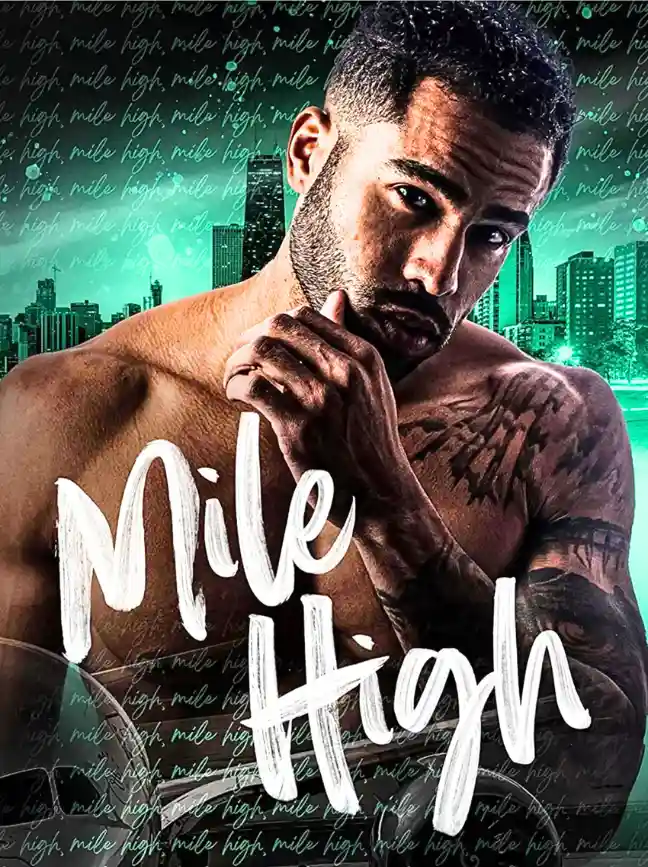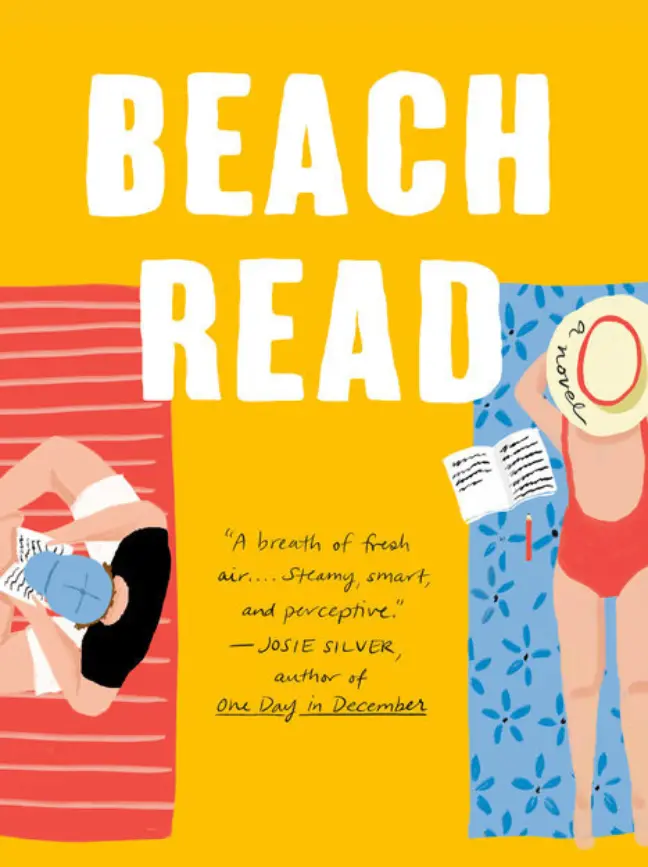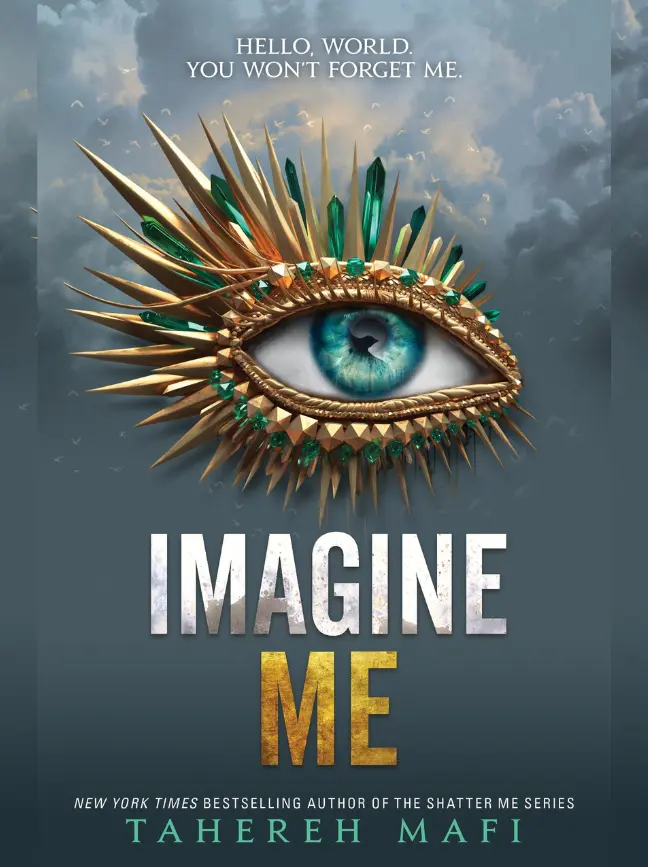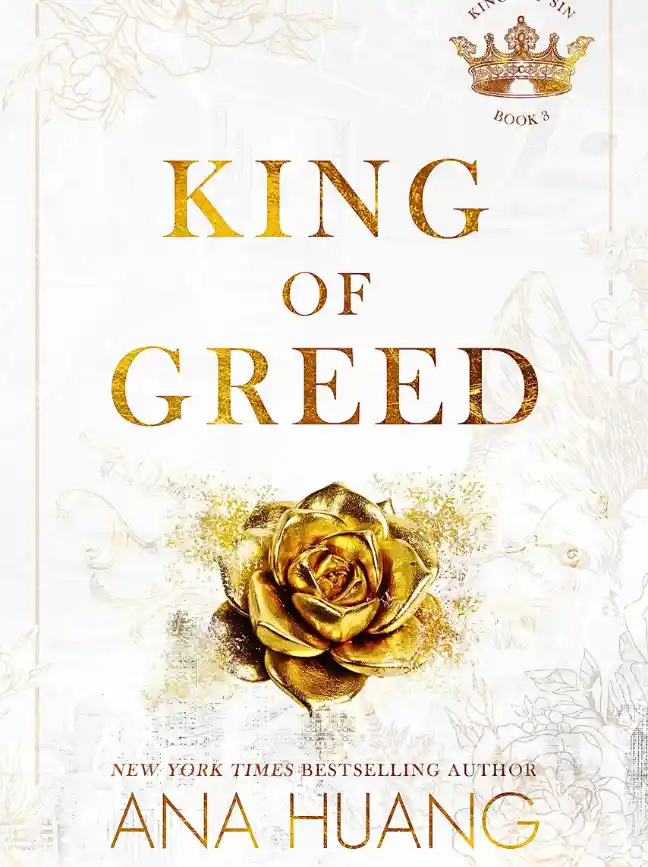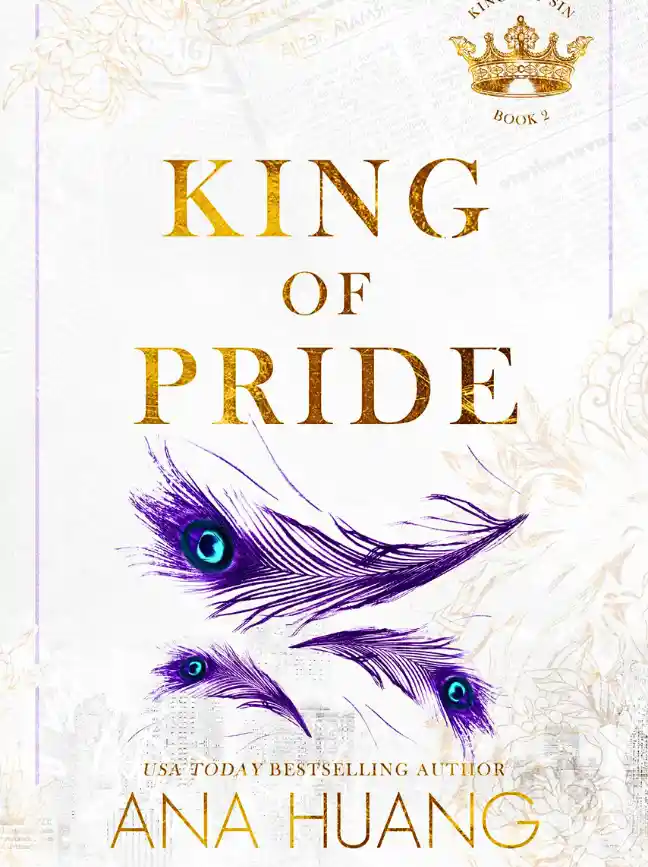Magic smells of salt. Like ocean tides, it carries great balance. It wraps itself around the Spirit of the Wood, good and evil, love and hate, life and death. Can you smell it in the mist—in the Cards—in your own house?
Magic smells of salt.
King Rowan dwelled in Stone, the castle just beyond the town, surrounded by treeless hills rich for farming. If the hills were beautiful, I did not know it. I could not see them. No one could.
The mist was too thick.
As if spun of sheep’s wool, magical and smelling of salt, the mist blanketed all of Blunder in gray. It was heaviest in the woods. Every year it expanded, choking Blunder off from the outside world, slipping over our fields and farms. If the Deck of Providence Cards was not collected in my lifetime, even town—even roads and places of dwelling—would surely be caught in its snare.
And the Spirit of the Wood would roam freely.
But families of Blunder had learned long ago to keep out of the mist. They walked in droves down the road through great iron gates onto the King’s lands, the promise of Equinox—a chance to dine at the King’s table
—spurring them on. Some came by carriage, but most traveled, by tradition, on foot. I held Ione’s arm and kept my other hand on the clasp of my cloak.
Next to me, Ione filled my ears with excited chatter. “What do you think King Rowan will give Father for the Nightmare Card? More Cards? Gold? Land? An honored place in his court?”
The Shepherd King had made seventy-eight Providence Cards in descending order. There were twelve Black Horses, held exclusively by the King’s elite guard—the Destriers. Eleven Golden Eggs. Ten Prophets. Nine White Eagles. Eight Maidens. Seven Chalices. Six Wells. Five Iron Gates. Four Scythes. Three Mirrors. Two Nightmares.
And one Twin Alders.
One of only two, the Nightmare Card was exceedingly rare. Which meant, despite the fact that Kings of Blunder had sought it for decades, my uncle had chosen to hold on to it in secret for eleven years.
I peered across my shoulder at my uncle where he walked in step with his sons. His expression was jovial, his mouth open in conversation. His beard had been trimmed, and his silk collar was finer than the ones he usually wore. “I suspect your father’s had plenty of time to decide what he and the King will barter over for the Nightmare Card,” I said, my voice grim.
The voice in my head slipped through my mind, like wind whistling through a window. The Hawthorn tree carries few seeds. Its branches are weary, it’s lost all its leaves. Be wary the man who bargains and thieves. He’ll offer your soul to get what he needs.
Ione tucked her yellow hair behind her ear. “Father asked, when he presents the Nightmare Card to the King, that I come with him.”
My focus on my uncle broke. “What? Why?”
She scrunched her lips from side to side, something she always did when she hadn’t decided what to say. “He wants to introduce me to Prince Hauth.”
I snorted. “Sounds like a punishment, not a reward.”
Ione had always been generous with her laughter—one of the many things I loved about her. She made me feel a great deal funnier than I was. But this time, she did not laugh. Her brow was creased, her hazel eyes distant.
Too slowly, I began to understand. “Wait, is Uncle trading the Nightmare Card… so that you and the High Prince may become acquainted?”
Ione shrugged, kicking a loose stone out ahead of her. “Would that be a horrible thing?”
I blinked. “How could it not be?” I lowered my voice and peered over
my shoulder, remembering whose castle I was walking to. “The man’s a brute. Both Princes are.”
“How do you know?” Ione countered. “Have you ever met them?”
“They’re Destriers,” I bit back, more heat in my voice than I’d intended. “They’re trained to be violent, horrid men.”
“Not all of them. Your father was Captain not long ago.” The muscles along my jaw twitched.
“Besides,” Ione continued, “perhaps Hauth will be a different kind of Rowan King than those who came before him.”
The Nightmare growled at the name Rowan, his claws scraping through my mind. I shushed him. “How do you imagine?” I asked.
“He’s so magnetic—attuned. A true leader. Perhaps, under him, the Destriers will be a symbol of protection, not oppression. Perhaps he will be a King who does not hurt those who catch the infection, but lets them convalesce. A King of abundance, not fear. A better Rowan King.”
I gritted my teeth. When I spoke, my voice was not gentle. “That Hauth Rowan does not exist, Ione. You’ve made him up in your mind.”
My cousin’s arm slipped out of my grip. “If everyone was as distrustful as you, Bess, Blunder would never change.”
My laughter was hollow. “Better distrustful than delusional.”
There was redness in Ione’s cheeks—rarely displayed anger in her hazel eyes. “Having hope does not make me delusional, Elspeth,” she said.
I opened my mouth to say something more, but Ione was stomping ahead, leaving me to walk alone, her words stinging me like wasps. I walked the rest of the way alone, already yearning for my time at the King’s castle to be over.
We crossed the drawbridge just as the sky darkened. Aldrich and Lyn threw rocks into the moat and roared in delight until my aunt reined them by the ears and brought them into the castle with the rest of us.
I avoided Ione, moving with weary feet to meet my father and half sisters in a cluster of other Blunder families. Most faces I had not seen in
years, but I knew them by the tree insignias sewn into their tunics and gowns. Spindle, Hawthorn, Juniper, Beech, Gorse, Ash, and so on. It was the history of our kingdom—an ancient homage to the Spirit of the Wood— to take the name of the trees.
Nya and Dimia, the spindle tree embroidered on their blue silk dresses, stood by the hearth and waved at me. Nerium was with them. When she saw me, her eyes bulged, red around the edges.
My aunt had been right. It felt good to watch her squirm.
When my father approached, I tensed. He walked like an oak, stiff—a head taller than the men around us. His tunic was crimson, Spindle red. He glanced down at me through blue eyes, his emotions so guarded they might not have even existed. “I wasn’t sure you’d come.”
I reached for my charm—the crow’s foot in my pocket—and stroked it absently, an anxious habit I was hardly aware of. “It’s been three years since I’ve been to Stone,” I said, my eyes lifting to the castle’s vaulted ceiling. “It’s colder than I remember.”
My father paused. His eyes lowered to my face, only to shift away a moment later. “You look well.”
I said nothing, watching his eyes, waiting for him to look at me again— knowing he would not. He ran his palm across his jaw, his calluses scratching against the wiry hairs of his untrimmed beard. “It won’t be as jovial as past Equinoxes,” he said. “It was not a good harvest.”
I nodded. “The mist seems thicker every day.”
My father peered over me at the mingling crowd. “The King is restless to obtain the last two Cards. And he’s willing to pay handsomely for them.”
I flinched, recalling my conversation with Ione.
The Nightmare crawled through my mind. Desperate times, he said.
No Card is worth a formal introduction to Hauth Rowan.
Says the girl who talks to the monster in her head. Not exactly Princess material, are we, my dear?
I ignored him.
“Tell the footman to send your trunk to the Spindle rooms. You’ll have your own chamber with us.” He paused. “That is, unless you wish to stay with the Hawthorns.”
I might have, had Ione and I not just had it out barely an hour ago. Besides, where I slept hardly mattered. The celebration of Equinox was not
about sleep. “Thank you,” I said.
My father caught the eye of someone in the crowd and hastily put his hand on my shoulder. “I’m pleased to see you, Elspeth.”
A moment later he was gone, moving through the crowd to the great stairwell. I watched him go, casting one last glance out the door before the guards shut it—the final remnants of gray daylight disappearing behind night’s ominous clouds.
I checked my reflection in a darkened window on my way to the great hall. I looked pale, my low cheekbones too sharp, my dark eyes too bottomless
—infinite. I scrunched my face at the woman in the reflection and sighed, determined to keep conversations light and retire to bed early.
I was no more than three paces into the great hall when I realized a better plan would have been to hide out in my room indefinitely. Alyx Laburnum, brightly dressed in his yellow house color, lingered at the entrance to the great hall. His brown hair was combed impeccably to the side but for a few wild strands at the crown of his head, governed by an untamable cowlick. When his ash-brown eyes met mine, he smiled so wide I could see every tooth.
“Shit,” I muttered.
The Nightmare groaned.
“Elspeth,” Alyx said, hurrying toward me. “I thought I saw you earlier
—but I feared I had dreamed you up from wishing too greatly.”
Mercifully, Castle Laburnum was on the other side of Blunder from Hawthorn House. The chances of running into Alyx, even in town, were abysmal. Maybe that’s why I’d tangled with him in a quiet part of the King’s gardens when I was seventeen—I’d never have to face him again.
But only if I avoided Equinox.
I dodged an embrace, offering my hand instead. “Hello, Alyx.”
His eyes traced my face. When his lips grazed my hand, I pulled back, my gut knotted by guilt and discomfort, and just the smallest hint of revulsion. I stepped past him into the great hall. “We should go in.”
Alyx, light on his feet, was next to me in a breath. “I would consider it a great honor if you sat next to me, Miss Spindle.”
“I’m supposed to sit with my father,” I said without looking at him. “Should I ask his permission for you to sit with me?”
The Nightmare swore under his breath. Trees, how I hate him.
He’s thoughtful. Guilt stung me, wasplike. And I’ve been awful to him. I see no problem with that.
The large, echoing hall was vibrant with color. The tables were long, set with gleaming silver platters and an endless line of candles. Behind the King’s table, just out of scope of the candlelight, I counted eight Destriers, all of whom carried their Black Horse Cards in their pockets.
It took all my eleven years of practice to keep my expression blank. My palms grew hot with sweat. Nerium passed me in the crowd. I followed her, pushing away from Alyx, colors—the lights from Providence Cards stowed in pockets and satchels—shining all around me. Yellow—the Golden Egg. Turquoise—the Chalice. Piercing white—the White Eagle. Gray—the Prophet. Red—the Scythe. Black—the Black Horse.
The Nightmare shifted, slithering through my mind. The color will not hurt you, he murmured. The Destriers, and that intolerable boy, on the other hand…
I flung myself into the nearest unoccupied seat. “Another time,” I said, casting Alyx a hasty glance over my shoulder.
Disappointment weakened his smile. He gave me a brief bow, then disappeared down the long table.
I clenched my jaw and rubbed my eyes with the heels of my palms. I did not realize others around me had stood to toast the King until a hand took me by the elbow and pulled me to my feet.
“To Equinox!” the crowd cried, the clinking of crystal echoing throughout the hall.
I raised my own goblet and met the toast of the boy next to me—the one who’d pulled me to my feet. I noticed a playful smattering of freckles across his nose beneath strange gray eyes.
“Thank you,” I said.
The boy topped off his wine, then mine. “Are you well, miss?”
I took a deep swill from my goblet. When I looked back up, the boy was watching me. “Never better,” I said.
He matched me with a strong gulp of wine. When he smiled, I caught myself wanting to smile back, the vibrancy in his unusual eyes contagious.
“I don’t know you,” I said.
He was taller than me, though unquestionably younger. When he said his name, he hunched his shoulders and leaned close, as if it were a secret. “I’m Emory,” he said. “Emory Yew.”
I choked on the wine lingering in the back of my throat. Across the table, my half sisters watched me with mirrored expressions of curiosity. They—like I—were no doubt wondering how I’d managed to be seated next to the King’s youngest nephew.
“My name is Elspeth,” I said through tight lips.
Emory took another sip of wine. “To what family do you belong?” “Spindle.”
“Elspeth Spindle,” he said, his eyes drifting across the table, then back to me. “Elllspeth Spindle. Quite a mouthful.”
Servants delivered the first course of summer soup, and a lull rushed across the room, Blunder’s powerful families keen to eat at the King’s table. But my appetite was gone. I stared at the dish and did not move to touch it, the wine beginning to swirl unpleasantly in my stomach.
“I agree,” Emory Yew said, pushing his bowl away and taking another deep swill from his goblet. “Why waste the fine space of the stomach on soup?”
Someone at Emory’s side elbowed him and the boy turned away, catching words that came in low, curt tones. I saw a tuft of auburn hair, illuminated by the blood-red beam of a Scythe Card.
I did not have to look long to know who it was. There were only four Scythe Cards in Blunder, and they belonged exclusively to the Rowan family. Prince Renelm Rowan, second heir to the throne, sat on Emory’s other side, whispering something I could not hear into his cousin’s ear.
Emory turned away from the Prince and drained his goblet, his lips twisted in a lopsided grin. “My apologies,” he said. “I’m usually more agreeable. Equinox has a… strange effect on me. You were telling me about yourself.”
Was I? I could no longer concentrate. Wine churned in my empty stomach. I felt dizzy, tired, the alcohol turning my thoughts. A wave of nausea moved through me, somehow made worse by the swell of clamor in
the great hall. So burning was the urge to flee from the room, I found myself gripping the chair.
I forced myself to blink, the boy next to me almost forgotten. “I’m sorry,” I said. “I’m not feeling like myself this evening.”
“Are you unwell?”
“No. I just need—I just need some air.”
Emory’s chair scraped against the stone floor. When the King’s nephew offered his arm, I pulled back.
“There is no need.”
Emory smiled again, his lips and teeth stained purple. “Easy does it, Spindle. Even I can see you don’t want to be here.”
He reached for my arm. This time, I allowed him to pull me to a slow, hesitant stance.
Emory and I swam upstream against a sea of servants carrying the next course on silver trays. I followed him out of the great hall all the way to the grand staircase. There was no one around us—no Providence Cards, no Destriers. I gripped the railing at the bottom of the stairs and took deep, swelling breaths, my body slowly easing.
I didn’t notice the flagon of wine Emory had stolen until he passed it to me. “Care for more?” he said.
I waved it away. Emory took a deep drink. Wine slid down his chin onto the green velvet of his finely embroidered collar. He wiped his mouth with his sleeve and smiled at me, a touch of absence in his gray eyes.
“You look terribly pale,” he said, holding the flagon out to me once more.
When I waved it away a second time, my hand grazed his. “Thank you for your help,” I said. “I can go the rest of the way on my own.”
For a moment Emory said nothing, his eyes falling to where my fingers had touched the back of his hand. When he spoke, his voice was uneven. “I’ll take you where you need to go. I know this castle better than the rats.”
I moved up the stairwell. “I can find my way.”
He caught me halfway up the stairs, closing the distance between us, fast as a snake. His breath smelled of wine. “Spindle,” he said, the word slipping between his teeth like a hiss. He reached for me, his hand closing around my arm.
I backed away until my spine pressed into the banister. The great room
loomed below me. I looked over my shoulder, panic rising into my throat like bile. If I fell—if the boy were to push me over the rail—would the fall kill me?
Not kill, the Nightmare said. Merely maim. Break. What’s he doing? I cried.
I stared into Emory’s face, trying to work out how to free myself from the strange, changeable boy. When I flinched, he cackled—curt rips of laughter echoing over the banister into the room below. “There’s something odd about you, Spindle.”
His grip tightened around my arm. He lowered his other hand to my wrist, his palm clammy as it rested against my bare skin. “I see you, Elspeth Spindle.” His voice was near and far at once, as if underwater. “I see a pretty maiden with long black hair and charcoal eyes. I see a yellow gaze narrowed by hate. I see darkness and shadow.” His lips twisted in an eerie smile. “And I see your fingers, long and pale, covered in blood.”
I froze—trapped by dread and the boy’s viselike grip on my arm. I tried to shake him off. When he did not let go, I raised my other hand, a hiss escaping my lips.
I slapped him, hard.
The mark from my hand darkened Emory’s already flushed cheek. I moved to push away from him—to flee—but he held on to my arm, his grip so tight I cried out in pain.
But before I could call into the darkness for the Nightmare, I heard footsteps on the landing. A moment later, Emory released my arm, pushed with great force down the stairs by someone in a black cloak.
I reeled and ran up the stairwell, only to trip on my dress.
When I looked down the stairs, Emory was heaped in a pile on the bottom landing. A tall man leaned over him. I did not hear the words they exchanged—Emory’s voice was broken by uncontrolled fits of laughter. But the low, even tones of the man were enough to still the boy.
The man pulled Emory off the ground and pointed him back in the direction from which we had come.
The boy trudged, suddenly lifeless, returning to the great hall. I rubbed my arm and watched him go, but Emory did not glance my way, as if he’d already forgotten me.
I was on my feet by the time the man approached.
“I’m sorry for my brother, miss,” he said, lowering his eyes. “His behavior is inexcusable.”
I stared at the tall, darkly cloaked man, my back stiffening.
“Elm—my cousin—told me Emory had been drinking. I came to be sure all was well.”
At my silence, the man raised his gaze, observing me for the first time. Like his younger brother, his eyes were gray and stood out brilliantly against smooth copper skin. He watched me down a long, formidable nose, his eyes searching my face.
My breath faltered, a shiver crawling up my spine. Unmistakably handsome, he stood like one of the statues in his uncle’s garden—cold and smooth as stone. He did not introduce himself. He did not have to. I knew who he was.
Ravyn Yew. The King’s eldest nephew. My father’s successor—Captain of the Destriers.
I withered under his stare but did not break our gaze, searching for courage I did not feel. “I didn’t see you in the hall,” I said. “That is—What I meant—” I huffed air out my nose. “I’ve never met you before.”
“Nor I you,” he replied. “What is your house?”
The Nightmare responded with a hiss. I stiffened, the spindle tree embroidered on my sleeves betraying me. “Spindle,” I said, taking a step backward. “My father is—”
“I know who your father is,” Ravyn said, his eyes narrowing. “I also know Erik has only two daughters living at Spindle House. Why do you not live with your family, Miss Spindle?”
I tucked a loose hair behind my ear. “I don’t see how that’s any of your business.”
If my cheek took him aback, the Captain of the Destriers did not show it. Still, I paled for my impudence, remembering with a pang just who I was talking to, and how dangerous he was. “Excuse me,” I said. “I’m very tired.”
“Of course.” Ravyn climbed the steps, his black cloak smelling strongly of the world outside the castle walls—cedar and clove, smoke and damp wool. “I’ll show you to your room.”
He took a torch from the wall and led me down a long row of corridors. Upon the walls hung more of King Rowan’s grand tapestries, homage to
Providence Cards woven in rich colors. I ran my fingers across the gray Prophet tapestry, the familiar image of an old man shrouded in a long, hooded cloak coarse beneath my fingers.
Three doors beyond the tapestry, we stopped, the torch flickering between us.
“Sir Spindle’s rooms,” Ravyn said, his voice smooth.
I might have thanked him for whatever gallantry he’d displayed. But the wine had turned sour in my stomach, and the incident on the stairwell had left me drained. I fumbled with the latch, catching my sleeve on the knob.
“Here,” he said, opening the door himself.
I flinched and stepped into the room, eager to close my eyes and forget the entire day. “Thank you.”
He nodded, the torchlight casting severe shadows across his face. “I haven’t introduced myself. I’m Ravyn Yew.”
Even the sound of his name made my stomach tighten. “I know.”
Steady in his features, Ravyn offered neither a smile nor a bow. He merely cast me one last glance and turned with his torch into the darkness of the corridor, his last words “Sleep well, Miss Spindle.”
My bed ensnared me in moments. I closed my eyes and was lost to heaviness, casting away thoughts of the Yew brothers to the dark bliss of sleep.
Still, even as rest took me, I could not help but wonder just how Ravyn Yew had been warned of Emory’s ill manners—had come to corral his brother—despite being nowhere near the great hall that evening.



